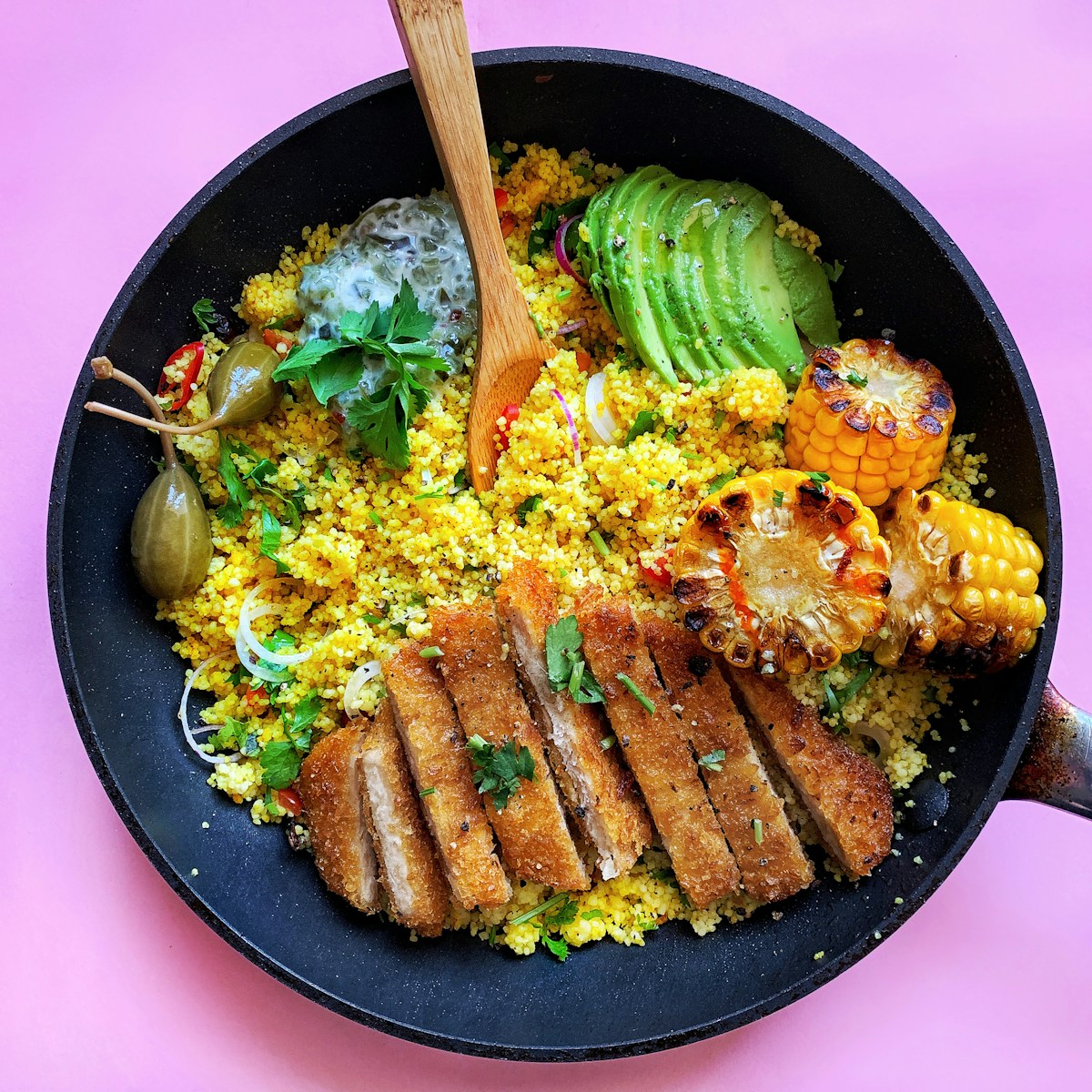Why Balanced Vegan Meal Planning is Important
Adopting a vegan lifestyle has become increasingly popular in recent years, with more people recognizing the ethical, environmental, and health benefits of a plant-based diet. However, it is essential to ensure that a vegan diet is well-balanced and provides all the necessary nutrients for optimal health. Proper meal planning is crucial to meet nutritional needs and avoid deficiencies. In this article, we will explore some tips and ideas for creating balanced vegan meal plans.
1. Include a Variety of Plant-Based Protein Sources
Protein is an essential macronutrient that plays a vital role in building and repairing tissues, producing enzymes and hormones, and supporting a healthy immune system. While animal products are typically rich in protein, there are plenty of plant-based sources that can provide all the necessary amino acids.
- Legumes such as lentils, chickpeas, and black beans are excellent sources of protein.
- Quinoa and amaranth are pseudocereals that contain all the essential amino acids.
- Tofu, tempeh, and edamame are soy-based products that are high in protein.
- Nuts and seeds, including almonds, chia seeds, and hemp seeds, are also good sources of protein.
2. Prioritize Nutrient-Dense Foods
When planning vegan meals, it is important to focus on nutrient-dense foods to ensure you are getting all the necessary vitamins and minerals. These foods are typically low in calories but high in nutrients, making them an excellent choice for maintaining overall health.
- Leafy greens such as kale, spinach, and Swiss chard are packed with vitamins A, C, and K, as well as iron and calcium.
- Colorful fruits and vegetables like berries, oranges, bell peppers, and sweet potatoes provide a wide range of vitamins and antioxidants.
- Whole grains such as brown rice, quinoa, and oats are rich in fiber, B vitamins, and minerals.
- Seaweed, such as nori and dulse, is an excellent source of iodine, which is essential for thyroid function.
3. Don’t Forget About Healthy Fats
Fat is an important component of a balanced diet, providing energy and aiding in the absorption of fat-soluble vitamins. While it is important to limit saturated and trans fats, incorporating healthy fats into your vegan meal plan is crucial.
- Avocados are a great source of monounsaturated fats and are also rich in vitamins and minerals.
- Nuts and seeds, such as walnuts, flaxseeds, and chia seeds, are high in omega-3 fatty acids.
- Coconut oil and olive oil can be used in moderation for cooking and dressing.
- Include a variety of plant-based oils, such as sesame oil and hemp oil, to diversify your fat intake.
4. Ensure Sufficient Vitamin B12 Intake
Vitamin B12 is primarily found in animal products, making it a nutrient of concern for vegans. It is essential for the production of red blood cells and the proper functioning of the nervous system. While it is challenging to obtain sufficient B12 from plant-based sources alone, there are fortified foods and supplements available.
- Fortified plant-based milk, breakfast cereals, and nutritional yeast are good sources of vitamin B12.
- Consider taking a B12 supplement to ensure you meet your daily requirements.
5. Plan Ahead and Batch Cook
Meal planning and batch cooking can be incredibly helpful when following a vegan diet. By planning your meals in advance, you can ensure that you have all the necessary ingredients on hand and avoid last-minute unhealthy food choices.
- Take some time each week to plan your meals and create a shopping list.
- Prepare large batches of staple foods like grains, legumes, and roasted vegetables to use throughout the week.
- Invest in quality food storage containers to keep your meals fresh and easily accessible.
By following these tips and ideas for balanced vegan meal planning, you can ensure that your diet is nutritionally complete and supports your overall health and well-being. Remember to consult with a healthcare professional or registered dietitian to address any specific dietary concerns or individual needs.
